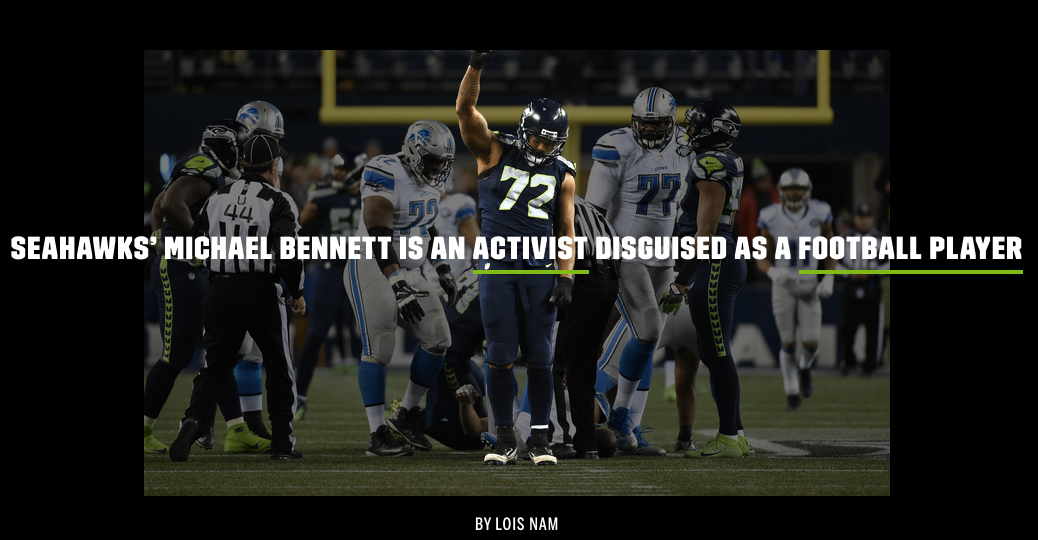Grand masters pulling strings
Wet dream of a new world order
Neo-feudal blueprints rise
We all got fooled again
It’s an ADD generation
Everyone accepts
The re-introduction of slavery
By a corporate elect
Pinning this book “Who Stole The American Dream?”, and this review, so I never forget it:
Get ready for waves of retirees who run out of money long before they die not just because they didn’t put enough money into their 401(k)s but because of the huge bite taken by mutual fund managers, whose fees and transaction costs average 2 percent a year.
At 5 percent a year, $1 over 40 years becomes $7.04—but at 3 percent, it only comes to $3.26. Smith quotes Jack Bogle, founder and CEO of the Vanguard Group, explaining that “you the investor put up 100 percent of the capital. You take 100 percent of the risk. And you capture about 46 percent of the return. Wall Street puts up none of the capital, takes none of the risk, and takes out 54 percent of the return.”
There’s so much more in the book: How bankruptcy laws have served as a means of transferring money from the middle class to the banks. How poor credit-card users have come to subsidize rich credit-card users. How stock options are “the primary vehicle for the corporate super-rich.”
And there is the complete lock that the super-rich—most ably represented by the Chamber of Commerce, the Business Roundtable, and the like—seem to have on tax policy. In 2010, for instance, a majority of the public supported ending the Bush tax breaks for the top 2 percent of Americans. The argument that tax cuts were necessary to free up job-creating capital was not credible, given that corporate America was sitting on well over a trillion dollars in idle capital it just didn’t want to spend. But when corporate CEOs issued a demand that all the tax cuts be extended, Senate Republicans took their side, and no one could stop them.



